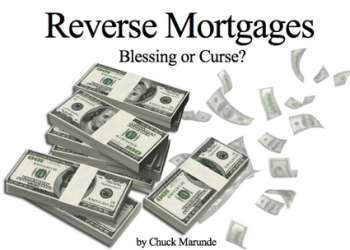What if a Buyer and Seller Talk to Each Other?
August 5, 2022
The Sequim Blue Hole – A Map of Rainfall
December 5, 2023
How to Prorate Propane at Closing
August 15, 2015
Why is Sequim One Of The 10 Best Places To Retire?
September 22, 2019
The Home Inspection and the Form 35R Inspection Response
January 8, 2013
Why Does Port Townsend Stink?
April 16, 2019
FedEx Signature Waiver
September 21, 2012
Estimated Monthly Electric Bill Calculator in Sequim
June 8, 2025
Generate Your Own CMA (Comparative Market Analysis)
June 22, 2025
Find All Upcoming Open Houses in Sequim
June 7, 2025
Living in Sequim is Wonderful
April 5, 2025
The Safest Place to Live: Survival Preparation
July 11, 2024
Best Place to Retire: Florida or Sequim Washington?
June 29, 2024






























